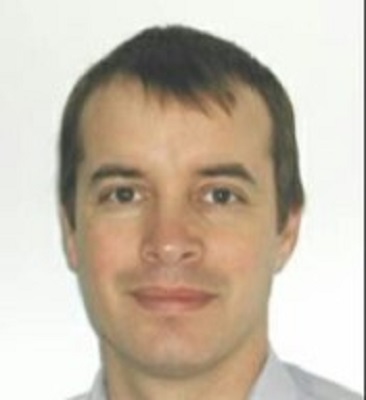
One recent Friday night, Prof. Itay Chowers, the new head of Ophthalmology at the Hadassah Medical Center, heard his phone ring. It was 11:00 p.m.
A border policeman had just succeeded in stopping a terrorist at the Damascus Gate. His buddy, however, noticed that there was a red spot in one of his eyes. Together, they went to check it out at Hadassah Hospital. “It turns out,” Prof. Chowers relates, “that he had shrapnel from the fire fight in his eye and the medical resident on duty wasn’t sure how deep it was.”
When Prof. Chowers arrived at Hadassah, he learned that it was a very serious injury. “I scrubbed up and we began operating to remove the foreign body,” he reports. “When it’s iron,” he explains, “irreparable damage can be caused to the retina from the toxicity.”
Prof. Chowers first worked with a magnet to remove the metal, but it wouldn’t stick to the magnet. “I took it out with a tweezer,” he says. “The police laboratory technicians came out in the middle of the night to see what it was. Turns out it was tin, which terrorists use to make their homemade bullets. Tin doesn’t have the same toxicity, so he was lucky.”
When the policeman’s officer asked if he could come back to work right away, Prof. Chowers insisted that he take a few weeks off to heal. “That ‘night’ I got home about 5:00 a.m.,” Prof. Chowers recalls. “When my kids got up later, they asked if I’d slept well. The truth is, I felt wonderful. The brave officer had risked his life to protect us, and our Hadassah team had made sure he would continue to see the light.”
